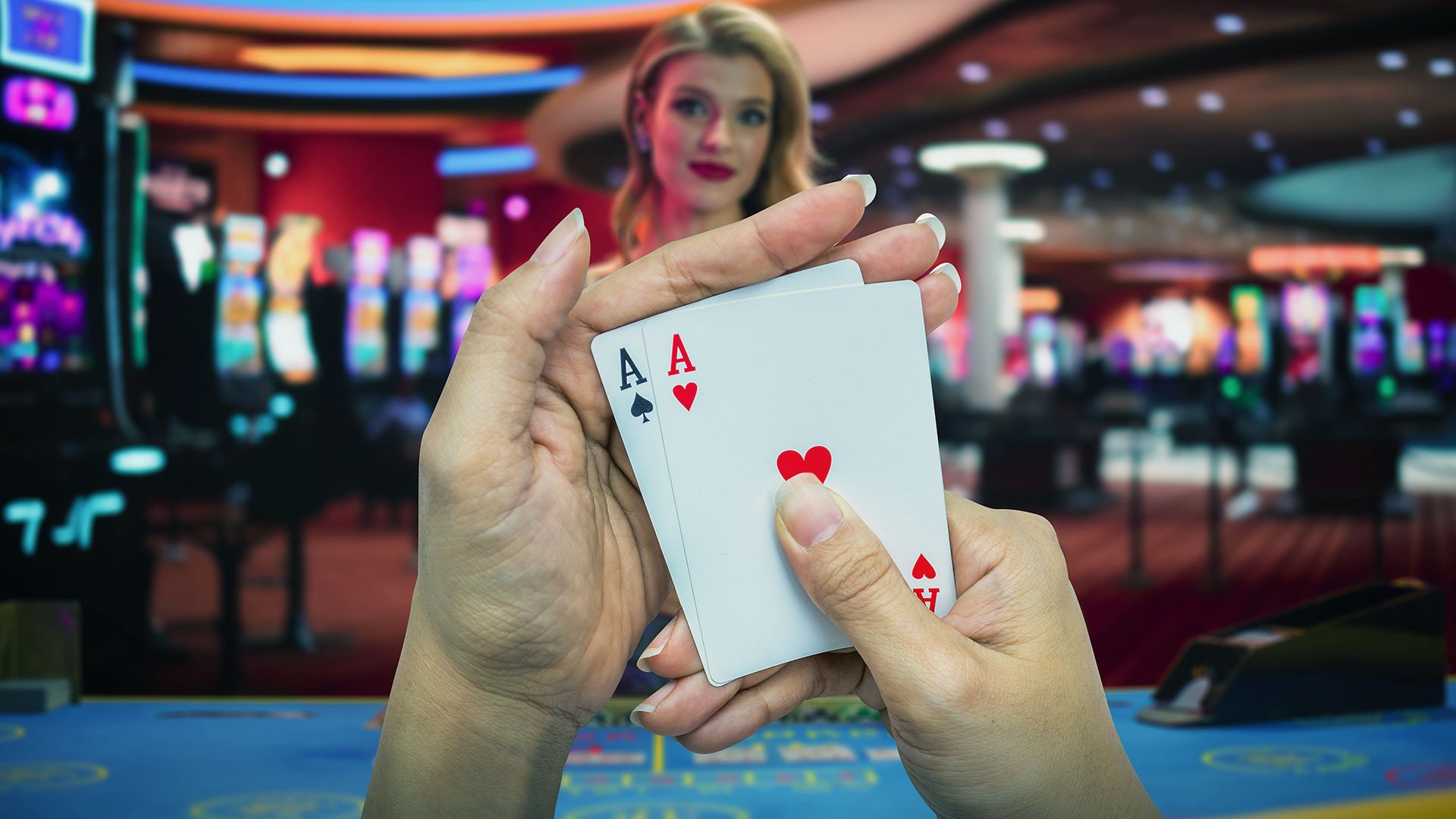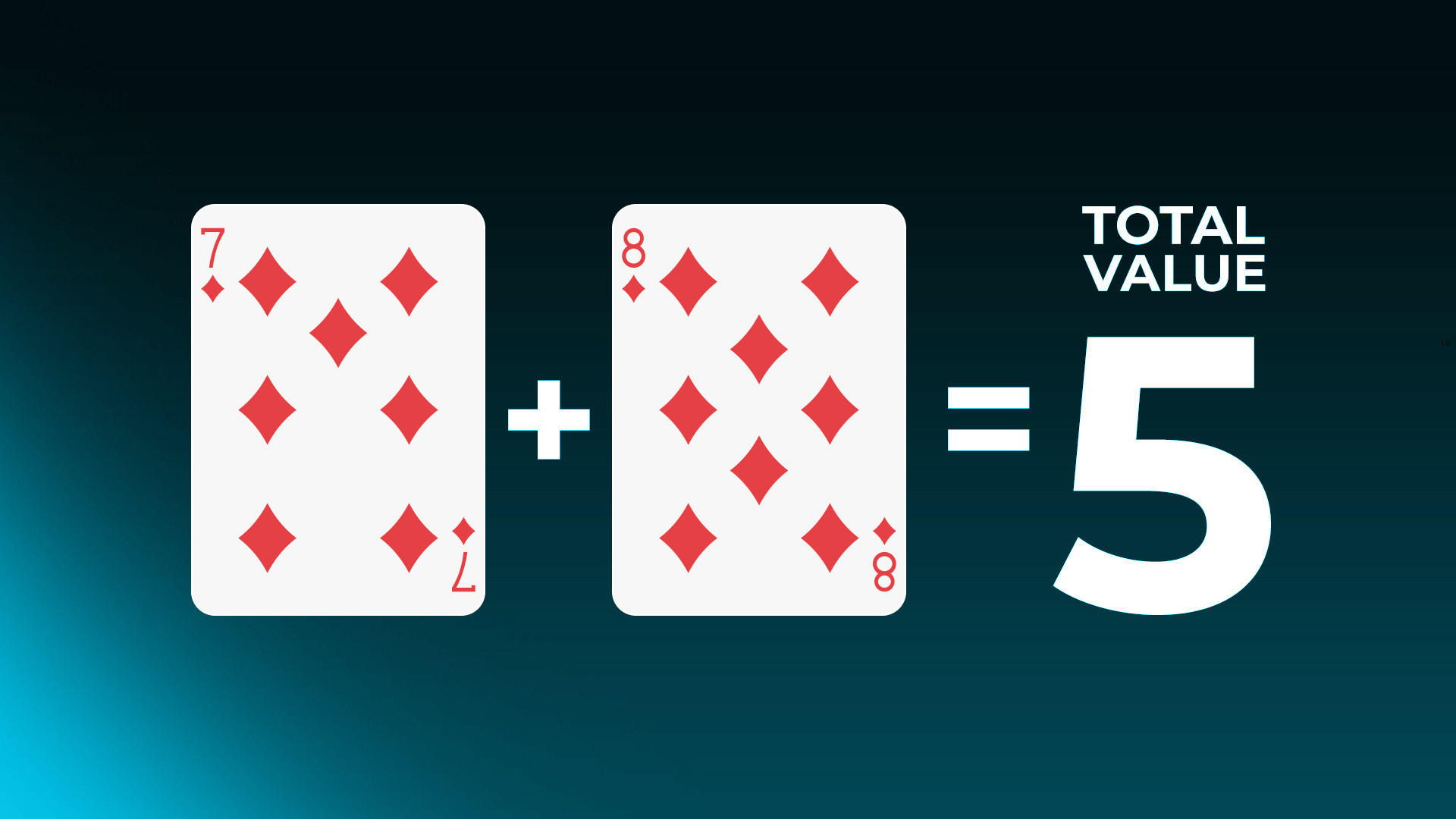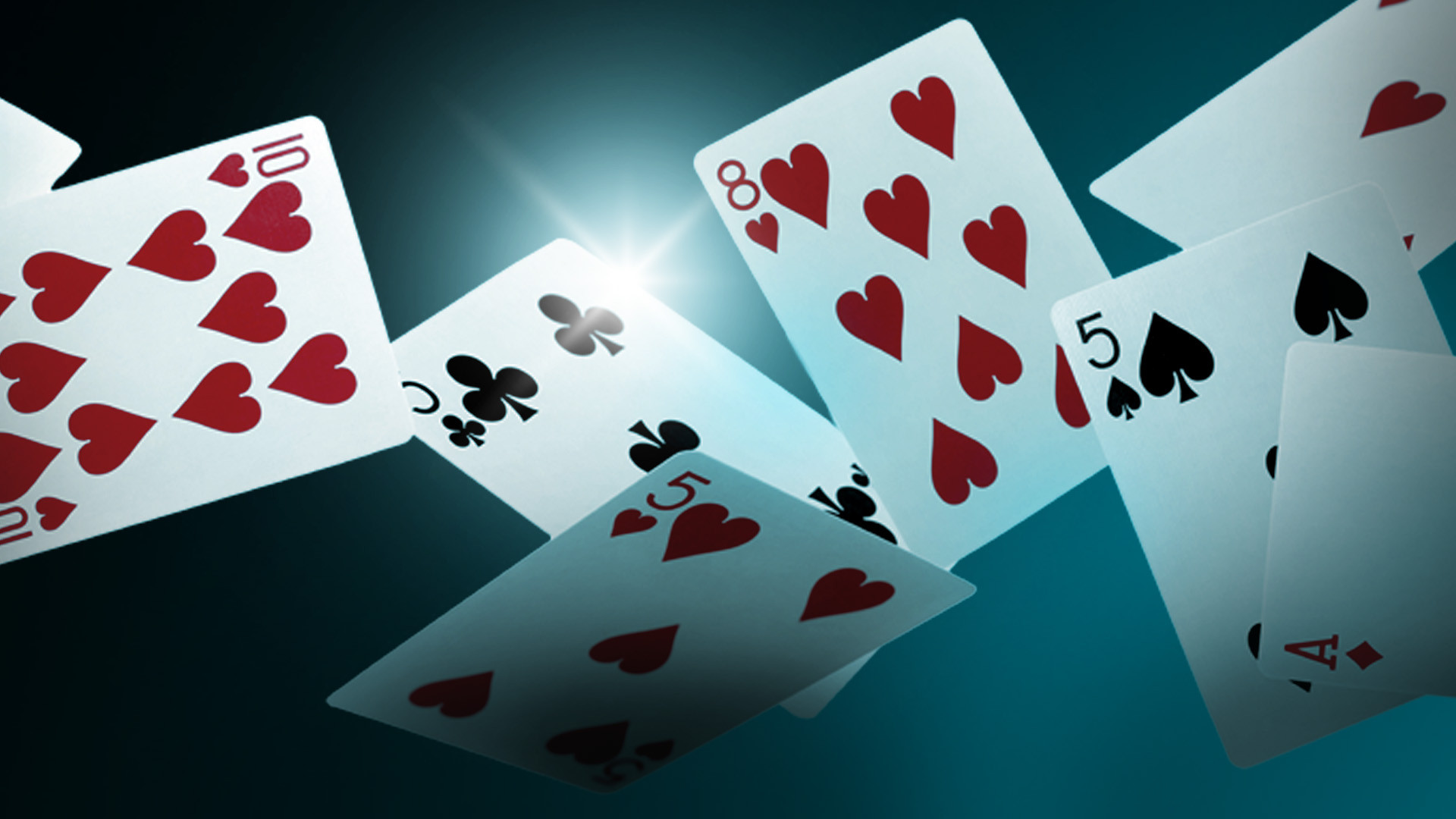
How to Play Baccarat
Baccarat is a table game played by two people - the player and the dealer. This comprehensive guide will explain the rules of the game, how to win and anything else you need to know before you start playing.
In today’s world, baccarat attracts a much wider audience and continues to draw in new players. You will find numerous variants of the popular game that can be found both online and in land-based casinos. This baccarat how-to-play guide covers the following key aspects:
- The basic rules on how to play baccarat online
- How hands are calculated in the game of baccarat
- Betting options
- The third card rule
- How to win in baccarat
The objective of baccarat
Recognised as an ideal table game for beginners, there are no advanced strategies needed for learning how to play the baccarat card game. The objective of the game is to bet on which hand you think will have a total of 9 or the closest value to it. There are two hands to choose from, the banker or player.
You may place an independent wager on each of these hands and/or a side bet on the outcome resulting in a tie. A winning bet on the player’s hand pays out 1:1 with no commission; the banker’s hand pays out 1:1 minus a 5% commission fee; and a winning wager on the tie pays out 8:1.
You may be wondering why it’s worth placing your money on the banker’s hand when you lose 5% in commission. However, even when you account for these losses, this wager still has a slightly lower house edge than the player bet. If the game results in a tie, any wagers placed on the banker or player hand will be returned.
A ‘natural’ win is when either the banker or the player hand scores a value of 8 or 9 points from their first two cards dealt. This also ends the current game.
Basic rules for playing baccarat
Even if you’re a novice, when you open up the baccarat game, how to play is pretty self-explanatory – just follow these simple steps:
- Take your seat at the baccarat table.
- Choose from the chip values in the bottom-right corner and place your bets.
- You can bet on the banker hand, player hand and/or tie, plus other side bets.
- Two cards are dealt to the banker hand and two to the player hand face up.
- A third card may be drawn – this is determined by the total values.
- The hand with the closest value to 9 wins, and payouts are awarded accordingly.
- A total value of 8 or 9 on the first two cards results in a natural win, and the game ends.
- In the case of a tie, all player and banker bets are returned.
How are hands calculated?
When learning how to play online baccarat, it’s important to know how hands are calculated. Here’s an overview of the values:
- Aces have a value of 1.
- All face cards and 10s have a value of 0.
- All other cards (2 through to 9) are worth their face value.
As two cards are dealt to both the player and banker, it is possible that the values will run into double digits – for example, a 7-8 draw equates to a point value of 15. If cards in either hand score more than 10, you simply subtract 10. So, in our example, the total point value for the hand drawing 7-8 will be 5.

What is the third card rule?
In the baccarat game, how to play the third card rule is fairly simplistic for players. However, for the banker, it is a more complex affair that considers the player’s total value and whether or not a third card has been drawn.
For players, the rule for whether or not a third card has to be drawn is as follows:
- If the point value for two cards is 5 or less, the player draws a third card.
- If the point value for two cards is 6, 7, 8 or 9, the player stands.
For the banker, if the player has a point value of 6 or more, which means that no third card was drawn, the banker actions repeat the player actions above. However, if the player drew a third card, then the banker has to follow specific rules that dictate if another card is added to the dealer’s hand:
- If the point value for two cards is 0, 1 or 2, the banker always draws a third card.
- If the point value for two cards is 3, the banker draws a third card unless the player’s third card is an 8.
- If the point value for two cards is 4, the banker draws a third card if the player’s third card is 2, 3, 4, 5, 6 or 7.
- If the point value for two cards is 5, the banker draws a third card if the player’s third card is 4, 5, 6 or 7.
- If the point value for two cards is 6, the banker draws a third card if the player’s third card is 6 or 7.
- If the point value for two cards is 7, the banker always stands.
- If the point value for two cards is 8 or 9, it’s a natural win.
The third rule does impact somewhat less favourably on the player as the banker is able to compare their hand to the player’s before deciding their next move. The rules only dictate a third card draw when the banker’s hand is particularly weak.


